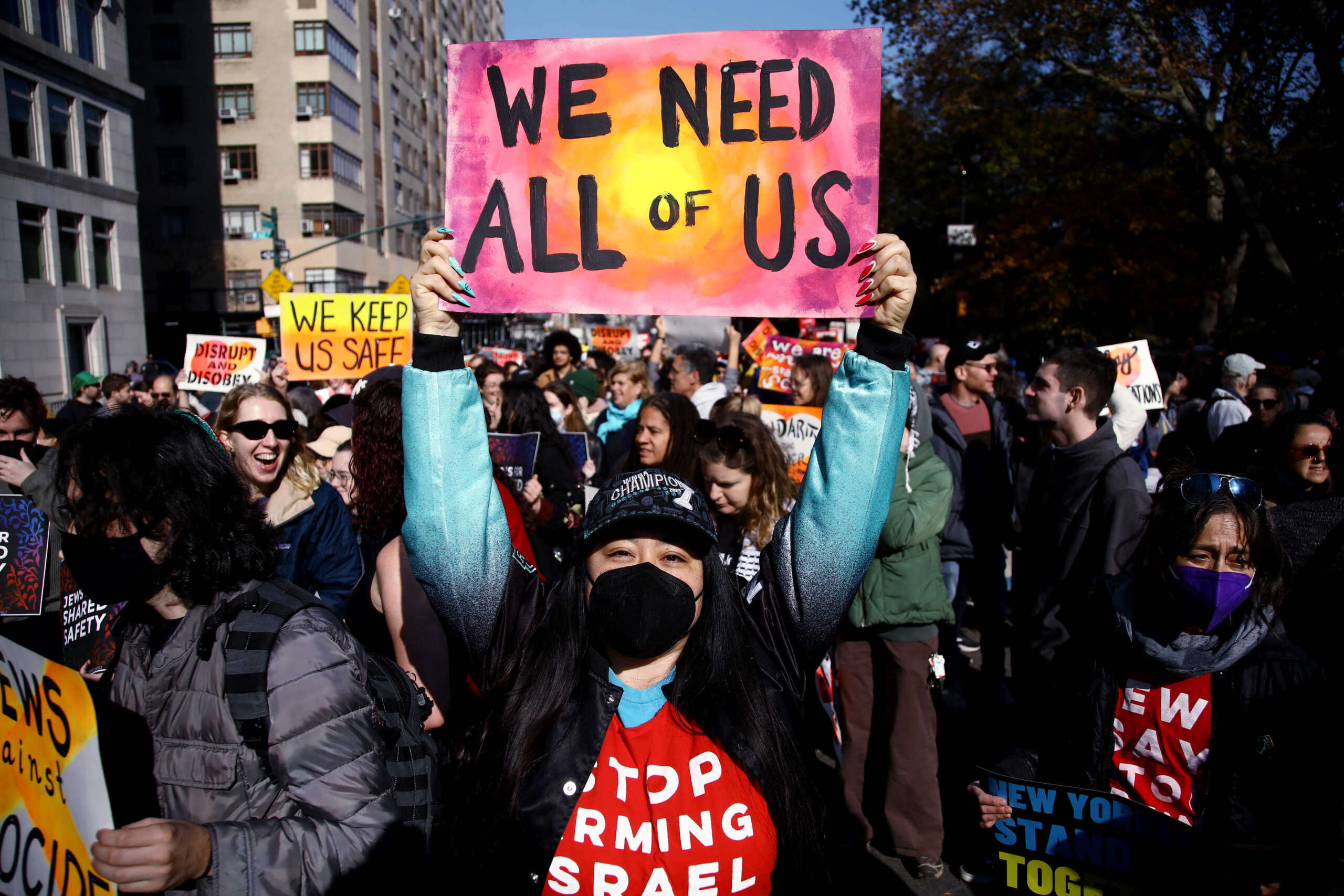The article discusses the response of liberal organizations like the ACLU to Trump’s election in 2016, and how their messaging was ineffective at mobilizing people to take meaningful action. It criticizes Democratic politicians in Washington state for making symbolic declarations against “hate” while simultaneously enacting policies that harm marginalized communities. The piece argues that the U.S. government, under either party, is fundamentally committed to projects of empire, militarism, and oppression, and that voting or working within the system cannot address the urgent global crises we face. Instead, the author advocates for direct action, mutual aid, and other grassroots efforts to support and defend vulnerable communities, rather than relying on policy solutions or the courts to save us. The article emphasizes the need to divest from trying to reform U.S. institutions, and instead focus on caring for each other and attacking the infrastructures of violence and extraction. It acknowledges the risks of increased repression, but argues that resistance and bold action at the local level is our best hope for creating material change. Ultimately, the text concludes that we must let go of the fantasy that the U.S. government can be made to care for us, and instead devote ourselves to the unglamorous but vital work of supporting each other and building alternative forms of collective resilience and resistance. The stakes are high, but the author believes this is the only viable path forward.



An article about how we all need to come together opens with a salvo against all of their allies. Beyond parody
When those “allies” have replicated Republican border policies, Republican homelessness policies, Republican oil policies, and Republican Middle East policies, how “allied” are they?